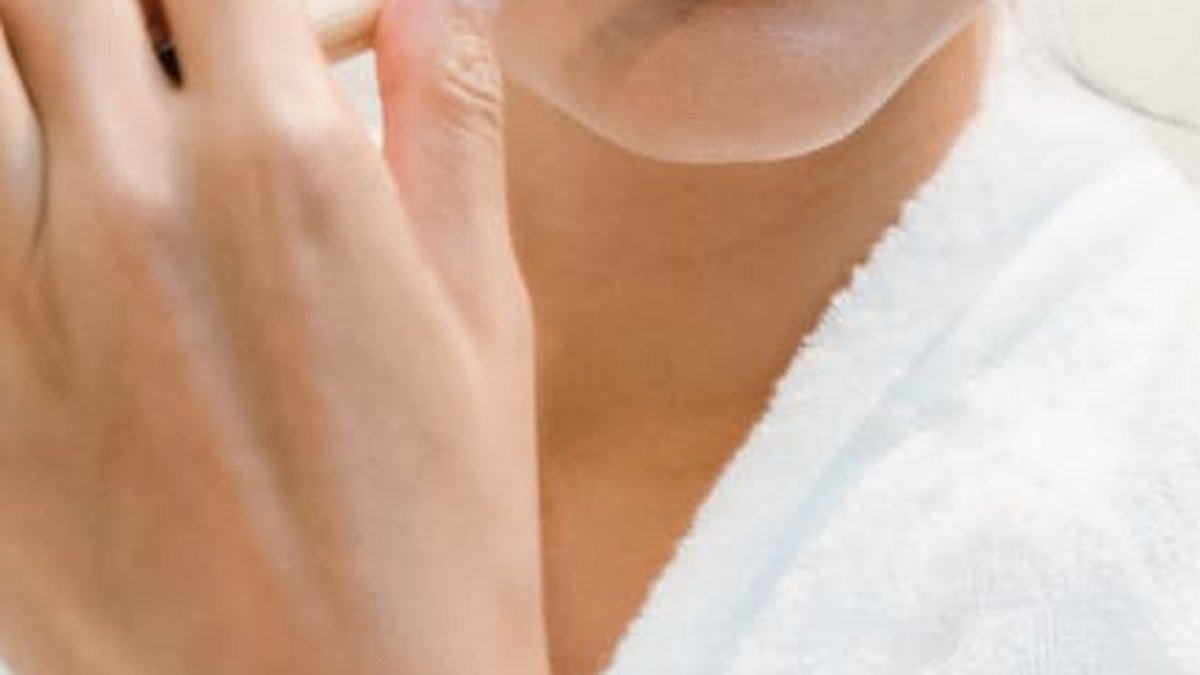Have you ever caught a glimpse of that striking black toothpaste on the drugstore shelf and wondered if it held the secret to a dazzling, movie-star smile? The allure of charcoal toothpaste is undeniable, promising to banish stains and reveal a brighter, whiter you. But beneath the sleek packaging and bold claims, lies a more complex reality. Let’s dive deep into the world of activated charcoal and discover the truth about its role in oral hygiene.
What is Charcoal Toothpaste, Anyway?
At its core, charcoal toothpaste contains activated charcoal, a form of carbon that’s been treated to increase its surface area and make it more porous. Think of it like a super-absorbent sponge. This increased surface area allows it to bind to various substances, which is why it’s used in everything from water filters to emergency medical treatments for poisoning.
The idea behind using it in toothpaste is that the activated charcoal will bind to stains and impurities on your teeth, effectively removing them and leaving you with a whiter smile. But how effective is this in practice, and are there any potential downsides?
The Purported Benefits: Whitening and More
The main draw of charcoal toothpaste is its promise of whiter teeth. Many users report seeing a noticeable difference after using it, which is often attributed to the charcoal’s ability to remove surface stains caused by things like coffee, tea, red wine, and tobacco. Here’s a closer look at the potential benefits:
- Surface Stain Removal: This is where charcoal toothpaste shines (literally!). Its abrasive nature can effectively scrub away surface discoloration.
- Detoxifying Properties: Some proponents claim that charcoal can help detoxify the mouth by absorbing bacteria and toxins. While there’s limited scientific evidence to support this claim specifically in toothpaste, the absorbent nature of charcoal is well-established.
- Fresher Breath: By removing bacteria and debris, charcoal toothpaste may contribute to fresher breath.
The Reality Check: Potential Drawbacks and Limitations
While the benefits sound appealing, it’s important to consider the potential drawbacks before making charcoal toothpaste a regular part of your oral hygiene routine.
Abrasiveness and Enamel Erosion
This is perhaps the biggest concern. The abrasive nature of charcoal, which is responsible for its stain-removing abilities, can also wear away your tooth enamel over time. Enamel is the hard, protective outer layer of your teeth, and once it’s gone, it’s gone for good. This can lead to increased sensitivity, cavities, and other dental problems.
Lack of Fluoride Protection
Many charcoal toothpastes do not contain fluoride, a crucial ingredient for preventing tooth decay. Fluoride strengthens enamel and helps repair early signs of damage. Without it, you’re missing out on a vital component of comprehensive oral care. If you choose to use charcoal toothpaste, consider supplementing with a fluoride mouthwash or toothpaste at a different time of day.
Potential for Gum Irritation
The abrasive particles in charcoal toothpaste can also irritate your gums, especially if you have sensitive gums or are brushing too vigorously. Be gentle when using charcoal toothpaste, and pay attention to how your gums feel.
Staining Potential
Paradoxically, while charcoal toothpaste is meant to whiten teeth, it can sometimes cause staining around fillings or areas where enamel is already thin. The charcoal particles can get trapped in these areas, creating a grayish or black discoloration.
The Verdict: Use with Caution and Awareness
So, does charcoal toothpaste really work? The answer is nuanced. It can be effective at removing surface stains and brightening your smile, but it’s not a magic bullet and comes with potential risks. If you’re considering using it, here are some guidelines:
- Choose a reputable brand: Look for brands that have been tested and certified by dental professionals.
- Use it sparingly: Limit your use to once or twice a week to minimize the risk of enamel erosion.
- Brush gently: Avoid aggressive scrubbing, and use a soft-bristled toothbrush.
- Maintain a regular oral hygiene routine: Continue brushing twice a day with a fluoride toothpaste and flossing daily.
- Consult your dentist: Talk to your dentist about whether charcoal toothpaste is right for you, especially if you have sensitive teeth, gum disease, or existing dental work.
A Brighter Future, One Smile at a Time
Ultimately, the pursuit of a whiter smile is a personal journey. Charcoal toothpaste might be a tool in your arsenal, but it’s essential to approach it with knowledge and caution. Remember that a healthy, confident smile is about more than just whiteness; it’s about overall oral health and well-being. So, listen to your body, consult with your dentist, and choose the path that leads you to a smile you truly love, both inside and out. Your smile is worth it!





